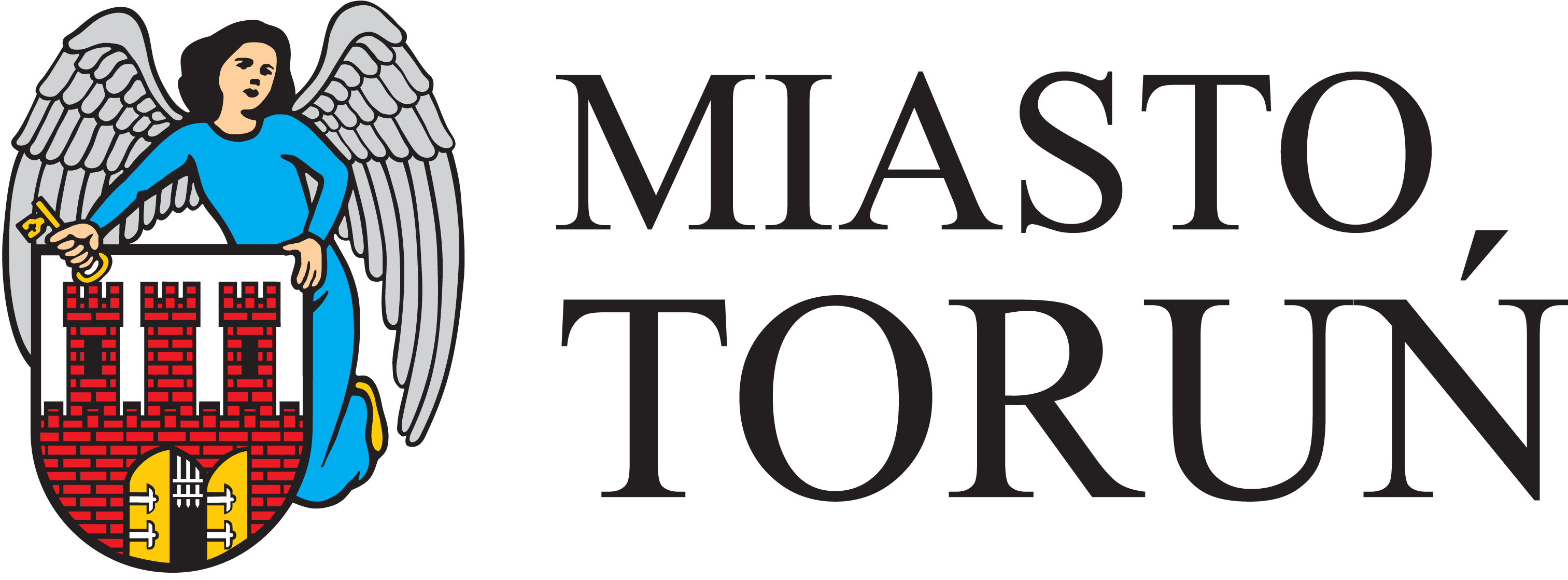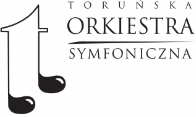Władysław Żeleński – Polish composer, pianist, conductor and pedagogue, was born on 6 July 1837 in Grodkowice near Kraków. He came from a landed gentry of the Ciołek coat of arms, where love of music ran in the family. His father, Marcjan, who was killed during the Galician Slaughter (23 February 1846), had an outstanding pianistic talent and was an amateur musician. His elder brother Stanisław also played the piano and the cello. After his father’s death, his mother Kamila Russocka moved with her five children to Kraków, where Władysław began piano lessons with Kazimierz Wojciechowski and later with Jan Germasz. At that time, between 1850 and 1857, Władysław attended St. Anne’s Gymnasium in Kraków (Nowodworski Collegium). During his numerous visits to Vienna he expanded his musical horizons, absorbing the music of Franz Liszt, Giacomo Meyerbeer and Wolfgang Amadeus Mozart. He studied composition under Franciszek Mirecki. In 1857 he began his philosophical studies at the Jagiellonian University, which he continued in Prague at Charles University, where he received his doctorate in 1862. It was also in Prague that he continued his musical studies: piano under Alexander Dreyschock and organ under Josef Krejči. At the end of 1866 he began studying composition at the Paris Conservatory with Napoléon-Henri Reber, and later he continued his studies privately with Bertold Damcki. In the 1860s he travelled a lot, e.g. to Leipzig, Dresden, Vienna. He met Karol Lipiński and studied the works of Richard Wagner. The works of the master from Bayreuth became for him a model of operatic style. In 1870 Żeleński returned to Poland, first to Kraków, and later he moved to Warsaw, where he took over the harmony and counterpoint class at the Warsaw Conservatory after the death of Stanisław Moniuszko. In 1878, he became the artistic director of the Warsaw Music Society. In 1881, he returned to Kraków for a permanent stay, and on his initiative the Kraków Conservatory (now Krzysztof Penderecki Academy of Music) was established. Until his death Żeleński held the position of the director of this conservatory. He also ran organ classes and taught theoretical subjects. He died on 23 January 1921 in Kraków, where he was buried at the Rakowicki Cemetery.
He was a man of multiple talents: a composer, concert pianist, organiser of musical life, conductor, pedagogue and music reviewer. His music was played in concert halls of: Kraków, Warsaw, Vienna, Prague, Paris and St Petersburg, where he won over a multitude of loyal listeners. The legacy he left, though still undiscovered, makes him undoubtedly one of the most important and most versatile representatives of Young Poland music. He composed operas (Konrad Wallenrod, Goplana, Janek, Stara baśń), occasional cantatas (8), choral compositions (about 20), overtures (In the Tatra Mountains, Forest Echoes), symphonies (2).
Interesting facts:
It was on the initiative of Władysław Żeleński that the Kraków Conservatory, now K. Penderecki Academy of Music, was established.
While Żeleński was staying in Paris he wrote fragments of his opera The Faery Woman, which unfortunately was not completed.
He was a doctor of philosophy.
He had three sons: Stanisław, Tadeusz and Edward. Tadeusz took after his mother and entered the history of Polish literature under the pseudonym Boy.
Aneta Derkowska, PhD






